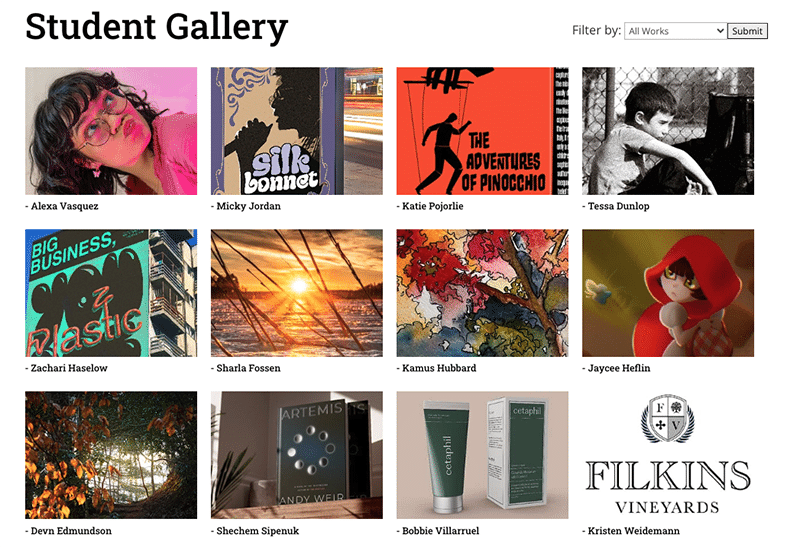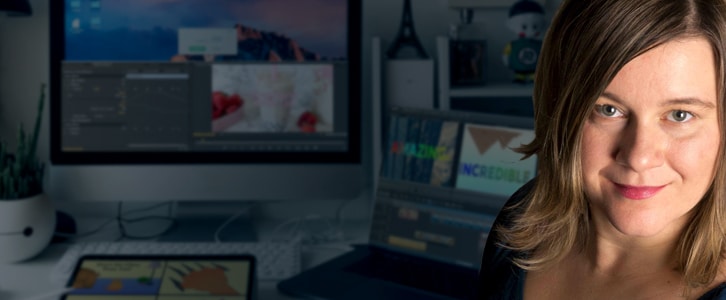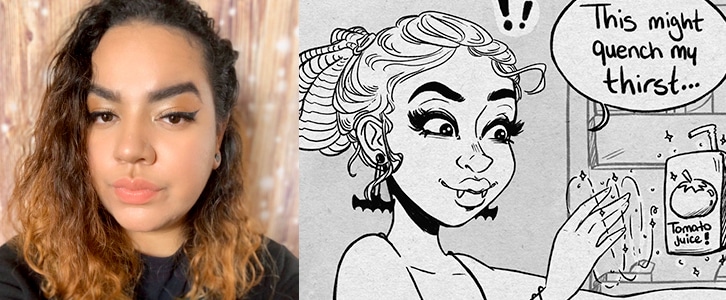On Writing and Design

Marie, you worked in corporate America before you became a writer. Just how important is effective writing in a professional career?
Writing well is a rare skill, so people always appreciate and notice when you are able to communicate clearly and succinctly. If you can write well, then you can get your point across in an email—and are more likely to be listened to, because people can actually understand what you are saying. When you can’t write well, you inadvertently make life difficult for other people—they have to work harder to understand you. And so much of work in a corporation, which requires communication and cooperation, depends on clear communication.
Does proper style and grammar matter these days?
Ultimately, yes. Even people who do not claim to be interested in language will notice something that is well written and well presented. Good writing works on many levels—there is the obvious “what I’m trying to say” level and the subtle “I am making it easy for you to understand me” level. Poor grammar and style indicate ignorance or even worse, sloppiness. It’s always a red flag for me if work of any kind is careless in a professional situation.
What’s most creative about writing? What is the most fun?
Writing depends on you and a keyboard (or pen and paper). Beyond that, the possibilities are endless. Stories can shift in time, location and point of view. They can address any theme. They can be written from the point of view a human, a cat, an ant, an alien. There is tremendous freedom in writing. Many people like the initial stages of writing—the dreaming up of a situation. My favorite part is when a story is essentially in place, and I’m just adding details, clarifying descriptions, and sharpening dialogue. I feel secure that my story is intact—which is always worrisome—and now I just get to play and decorate.
One of the interesting parallels between writing and art/design work is the need for drafting and revision. Can you talk about how feedback or editing helps you improve your writing?
It’s important to remember that writing and reading are subjective efforts and acts; there isn’t a way to really quantify which book is the best for all time, for example. People have many different opinions and judgments and it can be damaging for a writer to listen to too many people. After all, as an artist, you are supposed to have a personal vision, and if you are trying to make absolutely everyone happy, chances are you are also diluting your own work and your writing will not read as a sharp and personal observation. This is why it’s so important to find readers who can help you be “more you.”
Writers often talk about their special “reader” or “readers.” Some even search for the “perfect reader.” A special “reader” is someone who gets you, understands you and just wants your writing to be more like you. A special reader helps ensure that a piece of writing develops clearly, but also is a reflection of the writer’s intent and imagination.
At the same time, no one really can go it alone, even in writing, which is already a fairly lonely artistic discipline. Readers and friends are important!
In your course in the Associate Degree program, there’s a focus on critical thinking as well as writing. Is writing thinking? How important is it to develop a point of view as well as a polished writing style?
The course uses the phrase “movement of the mind.” Good nonfiction writing does follow a train of thought and develops an idea in neat parcels that make it easy for a reader to grasp an idea as it unfolds. Hopefully, you are also taking the reader on a mental journey, and letting them understand deeper and more complex concepts that are also interesting.
To do this well, a writer must think critically. She must have asked herself: “What do I really think about this? Are there any other questions I should be asking? What am I missing?” Good writing shows that this kind of care was taken with a topic. I believe that most everyone has something interesting to say and a unique point of view. But a point of view isn’t the same as just blurting thoughts out onto paper—they have to be presented. You have to challenge yourself to determine what it is that you see that others are missing.
This is pretty true of being a visual artist, when you think about it.
To write well, some say you need to read well. How important is reading challenging or sophisticated material to improving one’s writing?
When you read your own work, you need to be able to evaluate why it is working and why it is not. The more critical you can be, the more quickly you can find solutions to fix your writing—and by critical, I don’t mean just plain old nasty “critical.” I mean critical in the sense that you can assess what is not working and why.
The more you are able to do this with other things that you read, the more you’ll be able to do it with your own work, and to come up with solutions.
On that note, can you share any amazing books or magazines you’d recommend to students?
I can’t believe I’m going to say this, but the best writing still seems to be in print. I’d look at magazines like The New Yorker or The Atlantic for good writing. Small but interesting literary magazines like Agni or Tin House are also excellent. I’d also look for nonfiction books in your fields of interest—history, fashion, the arts—to find more good writing on subjects that appeal to you.
Visit sessions.edu for more information on Degree Programs and Undergraduate Certificates at Sessions College. Make sure you request our latest catalog and check out Degree and Undergraduate Certificate admissions.

Sessions Staff is a restless soul who loves to share Campus News stories with current and prospective students.



 What Photoshop’s new AI Tools Mean for the Creative Community
What Photoshop’s new AI Tools Mean for the Creative Community
 Helping Creatives Find Careers
Helping Creatives Find Careers Illustrator Discovers Cosmic Realms and Witchy Inspiration
Illustrator Discovers Cosmic Realms and Witchy Inspiration